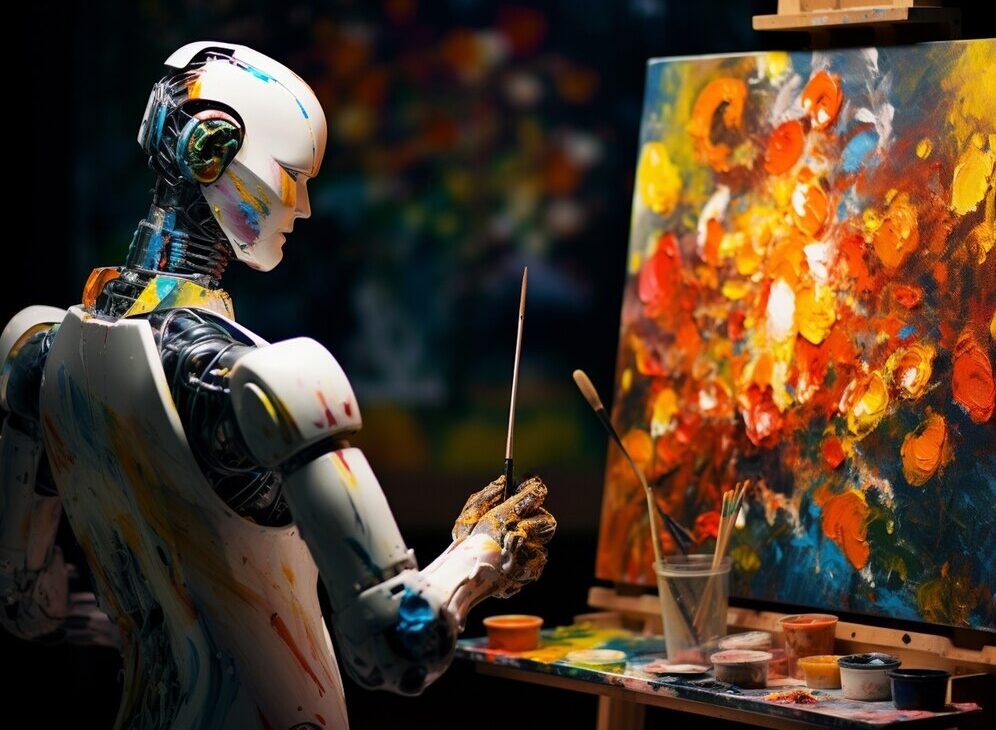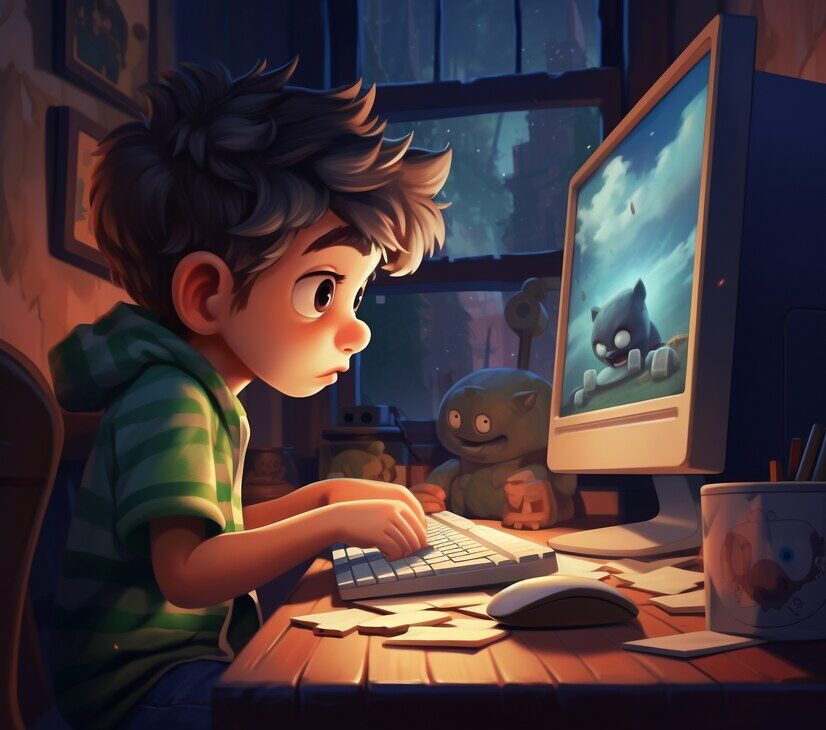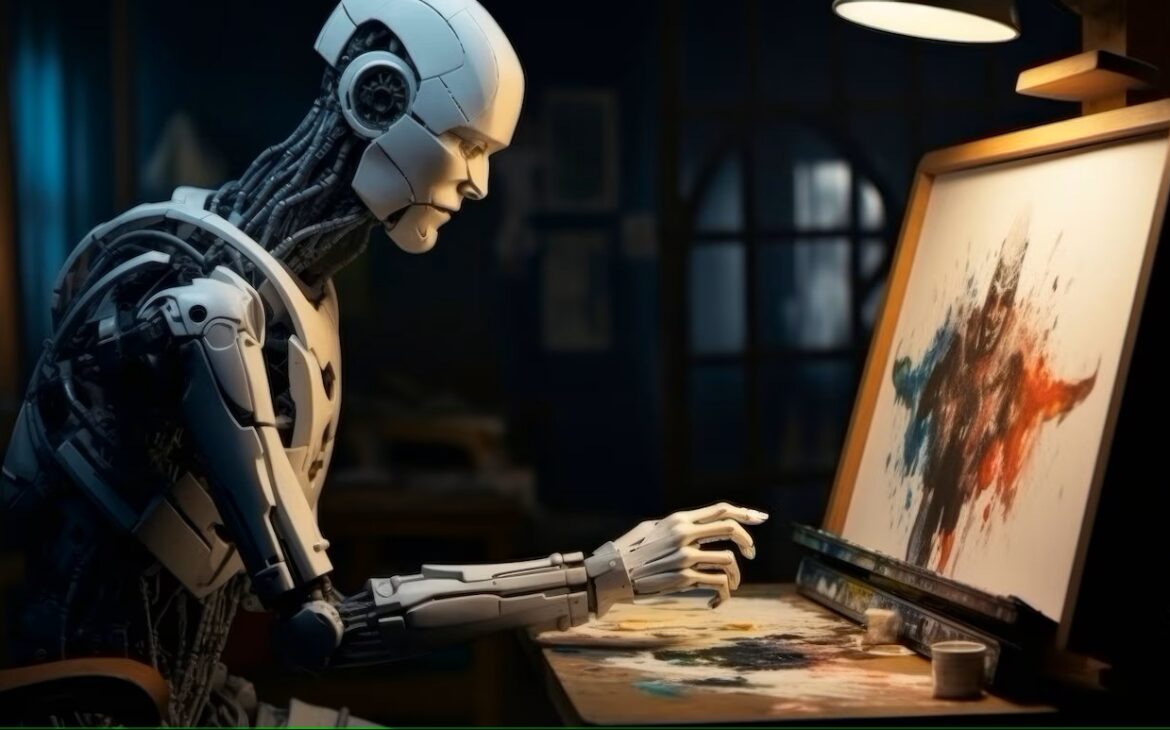Hey, all? AI is really changing the whole world with its amazing advancements. For instance, AI assistants are a great integration into our daily work lives. And they have amazingly made a shift in how writers and editors represent their work. As you know, the art of perfect editing is not a play but a work of art and intelligence. Moreover, editing is a big term that is recognized universally and is so related to article writing, blog writing, content development, publishing, magazine development, and much more. It plays a great role in creating state-of-the-art novels and books that inspire people all over the world. Hence, we can say it is an art of creativity, fineness, knowledge, keen observation, and desire to correct and recreate. Further, editing isn’t just about fixing mistakes—it’s about using words to create something meaningful. With AI tools serving for grammar checks, changing imperfect sentences, and even suggesting rewrites, somehow, the fear remains that human editors might become outdated. But can a machine truly understand storytelling, emotion, and creativity?
Here’s another co-related term, proofreading, which is one of the aspects of editing and literature development. Besides, if you’ve read interviews with famous writers and editors, they’ve specifically spoken about the importance of editing when publishing great novels and books. Editing gives a polished touch to such content creations and a more correct way to present them to the world. This blog discusses the effect of AI on literature development and human content editing. Let’s explore further to know more!
AI as an Editing Tool—Helpful, But Not Perfect
Hey! Let’s talk honestly about how AI is convenient. Grammarly catches typos in seconds, Hemingway highlights clunky sentences, and ChatGPT can rewrite entire paragraphs at lightning speed. For students, bloggers, and busy professionals, AI is a lifesaver. It speeds up the editing process, making writing clearer and more polished without spending hours re-reading the same document.
Here is what AI Does Well:
- Grammar and spelling corrections: Fixes obvious mistakes instantly.
- Readability improvements: Flags long, confusing sentences.
- Tone adjustments: Helps formalize or simplify the language as needed.
- Plagiarism detection: Cross-checks for unintentional copying.
Moreover, for technical accuracy, AI is fantastic. It makes first-draft edits much faster, catching things that human eyes might miss after staring at the same page for hours. But is that enough?

Editing is More Than Just Fixing Mistakes
Well, do you ever think if editing were only about grammar, AI would have already taken over? But real editing—the kind that makes writing come alive, goes way beyond that.
1. Understanding Emotion and Tone
AI sees words as data. It doesn’t feel emotions, and it certainly doesn’t understand subtext. A sarcastic remark? It might rewrite it as something painfully literal. A poetic phrase? It might flag it as “unclear.” Here we have an example for you – try and understand:
- What the Writer’s sentence would look like: “Oh, perfect. Another meeting.” Here, the Writer is mixing a sarcastic tone!
- AI’s correction: “This is great! Another meeting has been scheduled.” Here, AI is just adding a professional and to-the-point touch without actually making it readable and enjoyable.
Tone and emotion shape how readers connect with words. AI might make sentences grammatically correct, but it can’t recognize when a line is supposed to make you laugh, cry, or feel something deeper.
2. Knowing When to Break the Rules
Some of the most powerful writing deliberately ignores traditional grammar. Poets, novelists, and even journalists break rules on purpose to create impact. But AI? It doesn’t get it.
- Poetry: AI might suggest “correcting” an artistically fragmented line.
- Dialogue: It might make a character’s speech sound robotic by forcing perfect grammar.
- Creative Writing: It might erase the quirks that make a writer’s voice unique.
A human editor knows when a sentence needs to stay imperfect. AI doesn’t. And this is the major point to understand.
3. Preserving a Writer’s Unique Voice
Every Writer has a distinct rhythm, a way of phrasing things that makes their writing theirs. But AI is trained on data; it pulls from what’s most commonly used, which means its suggestions tend to push writing toward a generic, standardized style.
So, if every Writer relied fully on AI, we’d all start sounding the same. Imagine if Shakespeare or Virginia Woolf had let an algorithm “correct” their work. Literature would lose its richness and its individuality. Human editors protect that.

The Risks of Relying Too Much on AI Editing
1. Flattening Creativity
AI tools are designed to optimize writing, but optimization doesn’t always mean better. The more people depend on AI to edit their work, the more we risk losing originality. If every blog post, book, and article starts following the same AI-recommended structure, literature could become repetitive and dull.
2. AI’s Limited Understanding of Context
AI doesn’t understand culture, history, or personal experiences—it only understands patterns. This leads to problems:
- Misinterpreting slang or dialects: Don’t you think if a novel features regional dialogue, AI might flag it as incorrect?
- Erasing cultural nuances: AI might “fix” phrases in ways that remove cultural authenticity.
- Misjudging sensitive topics: AI lacks emotional intelligence, so it might make inappropriate or tone-deaf suggestions.
A human editor understands context as he/she can feel the content but AI doesn’t.
3. Bias in AI Suggestions
AI is trained on existing writing, which means it inherits biases. If most of its data favours one type of writing style, it may suggest edits that unintentionally reinforce those biases. A human editor can catch these issues, while AI simply follows the patterns it’s been fed.

Why Human Editors Aren’t Going Anywhere
Despite AI’s so wild advancements, there’s one thing it will never replace: the human connection behind storytelling. Here’s why human editors will always matter:
1. Editing is a Conversation, Not Just a Fix
A good editor doesn’t just suggest changes—they collaborate with the Writer. They ask questions, help develop ideas, and make sure the story stays true to the Writer’s vision. AI can’t do that. It can only offer programmed responses.
2. Storytelling is More Than Grammar
A great editor looks beyond sentence structure. Yes! The best editor is capable of understanding the emotions of its future readers and develops content for their readers’ convenience, interest, and wish to read something new and exciting. They focus on:
- Does this scene create the right mood?
- Is the pacing too fast or too slow?
- Are the characters believable?
AI can’t answer these questions because it doesn’t understand storytelling the way humans do.
3. Protecting Literary Diversity
Above all, if we leave editing entirely to AI, we risk making literature too uniform. Human editors ensure that different voices, styles, and perspectives remain intact. They preserve creativity rather than streamlining it into one AI-approved format.

Point of Views on AI and Human Editing
In the end, we must understand if AI is taking over the world of editing and literature development or if it is just a companion for human writers. So, AI is rewriting the rules of editing—quite literally. Some of the biggest names in literature have strong opinions on whether AI is a blessing or a threat. Can AI enhance creativity or erase the human touch that makes literature special? Let’s hear from well-known writers across different genres as they share their perspectives on the future of editing.
“AI is Just Another Writing Assistant”, Says Stephen King
Horror master Stephen King, known for his gripping narratives, sees AI as nothing more than a fancy spellchecker. In an interview, he mentioned how technology has always influenced writing but never replaced creativity. “Writers once used typewriters. Then, we moved to word processors. Now we have AI, but at the end of the day, the story still comes from the Writer. AI can help clean up a draft but can’t create The Shining.” King believes AI can make editing easier but warns against over-reliance. “A good story is about voice. If you let AI edit too much, you might lose what makes your writing unique.”
“AI Saves Time, But It’s Not a Magic Wand”, Says Margaret Atwood
Then, we have another great writer who shares her point of view. She acknowledges that AI can help with speed, especially for professional writers working under deadlines. “If I have to go through a 500-page manuscript, I don’t mind AI flagging basic errors. But I would never let it touch the substance of my writing.” Her main concern? “AI tends to simplify language. It wants to make things clear and direct, but sometimes, literature is meant to be complex. That’s where human editors come in.”

“AI is a Good Start, But Humans Finish the Job”, Says Neil Gaiman
Next is Neil Gaiman – a very famous fantasy genre writer. He acknowledges AI’s benefits, especially in early drafts. “If it helps with grammar, fine. But real editing is about storytelling, pacing, and character. AI doesn’t feel stories the way humans do.” Gaiman sees a future where AI assists but doesn’t replace editors. “Maybe AI will evolve, but I wouldn’t trust it with my work beyond basic cleanup for now.”
“AI Can’t Replace the Human Ear”, Says Haruki Murakami
Haruki Murakami, famous for Norwegian Wood and Kafka on the Shore, believes writing has a rhythm that AI doesn’t understand. “Editing is about sound—how sentences feel when read aloud. AI can check structure but doesn’t have an ear for rhythm.” Murakami, who often blends reality and fantasy in his work, also thinks AI can’t grasp the nuances of surreal storytelling. “If AI edited The Wind-Up Bird Chronicle, it would probably tell me half of it doesn’t make sense. But that’s the point.”
So, now you would believe that AI is just a helping tool and not the king after hearing the great writers!
Conclusion
In conclusion, AI is just helping and can never replace the great human writers. Not only in literature and writing but in all other fields, human touch is a basic necessity. Do you ever guess if AI is such a great tool, why do brands hire content developers and writers? This is because AI can never provide an emotional and human touch to their work. It is just the play of human writers, and only they can do it. Nextr Technology is the best web development agency in Delhi. We provide insightful articles to create awareness and understanding among users and professionals. To know more, contact us!
Thank you for reading
Buy Web Hosting at an affordable price: Buy Now.
If you want to build your website at an affordable price, contact www.nextr.in
Read this: Elon Musk’s Grok 3 AI Chatbot to Compete with DeepSeek and ChatGPT


















